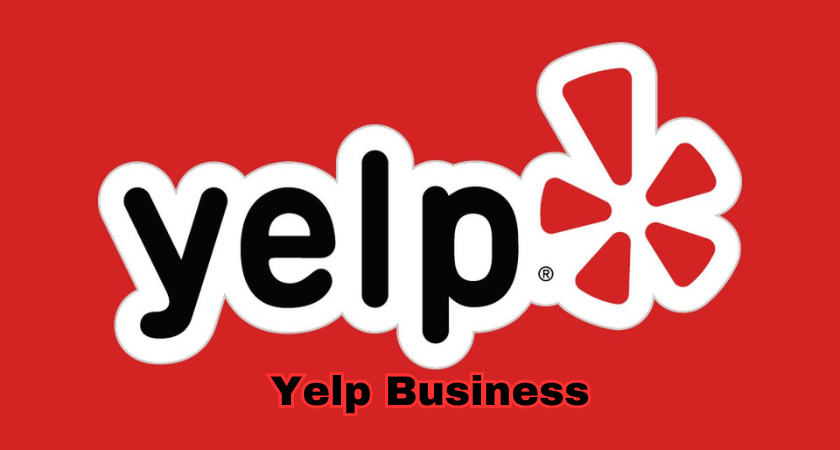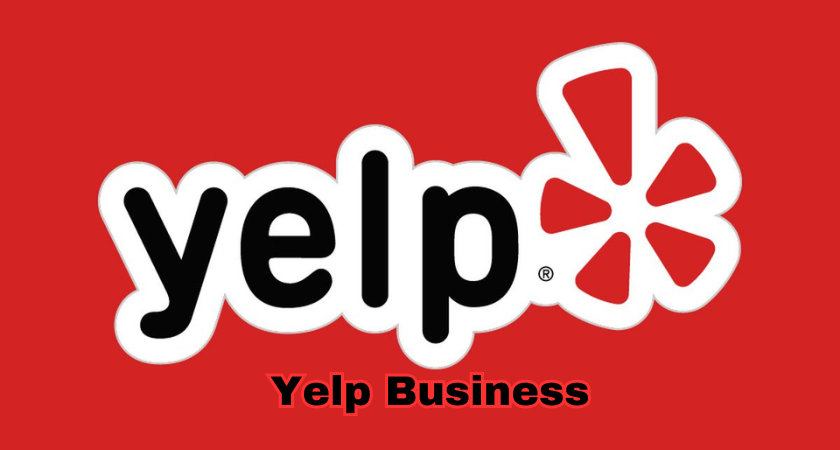Unlock the secrets to Yelp’s success! Dive into our article dissecting why Yelp Business is not working, exploring algorithmic challenges, review reliability, pay-to-play dynamics, and support hurdles.
In today’s digital age, having a strong online presence is crucial for businesses, and Yelp has emerged as a prominent platform for customer engagement. However, if you find yourself questioning, “Why Yelp Business is not working?”—you’re not alone. This article succinctly explores key challenges ranging from algorithmic complexities to unreliable reviews and pay-to-play dynamics. Discover the intricacies behind these issues and unlock practical solutions to ensure your business thrives in the Yelp ecosystem. Stay tuned as we dissect the nuances that might be hindering your success and unveil actionable steps to navigate through them.
Why Yelp Business Is Not Working?
There could be several reasons why a Yelp business isn’t performing well. Negative reviews, lack of engagement, outdated information, or even technical issues with the platform itself can all play a role. Additionally, ineffective marketing strategies or competition in the area might be hindering visibility. To diagnose the problem accurately, we’d need more specific information about the business and its struggles on Yelp.
Read also: Geekzilla Podcast

Review Reliability Issues
a. Unreliable Nature of Yelp Reviews:
One of the prominent hurdles businesses face on Yelp revolves around the questionable reliability of reviews. The platform’s open nature allows anyone to leave feedback, making it susceptible to fake reviews, biased opinions, or even malicious intent. As a business owner, navigating through this sea of reviews becomes challenging, as genuine customer experiences can get overshadowed by fraudulent or misleading information.
To address this, businesses need strategies to discern authentic reviews from questionable ones. Encouraging satisfied customers to leave honest feedback and promptly addressing concerns can help build a more reliable review base. Yelp’s algorithms also play a role, and understanding their impact on review visibility is crucial in mitigating the influence of unreliable feedback.
b. Trust and Credibility Concerns:
Beyond the issue of reliability, businesses often grapple with trust and credibility concerns on Yelp. Negative reviews, whether justified or not, can significantly impact a business’s reputation. The challenge lies in distinguishing between genuine feedback and potentially malicious attempts to tarnish a brand’s image.
Establishing a proactive approach to customer satisfaction is key. Engage with customers, address concerns transparently, and showcase your commitment to resolving issues. Additionally, fostering positive interactions with satisfied customers can counterbalance the impact of negative reviews. Navigating the fine line between genuine criticism and unfair attacks requires a strategic and attentive approach to managing your business’s online reputation on Yelp.
Pay-to-Play Dynamics
a. Challenges with Paying for Visibility:
Yelp’s advertising model introduces a pay-to-play dimension that can pose challenges for businesses aiming to increase visibility. While paid advertising can enhance exposure, it may not guarantee a proportional boost in organic reach. This creates a dilemma for businesses, especially smaller ones with limited budgets, as they may find it difficult to compete with larger enterprises that can invest more in advertising.
To navigate this challenge, businesses should carefully evaluate the cost-effectiveness of Yelp’s advertising options. Understanding the return on investment and setting realistic expectations is crucial. Exploring alternative strategies, such as optimizing your Yelp profile, engaging with customers, and encouraging positive reviews, can also contribute to organic visibility without solely relying on paid promotions.
b. Implications for Small Businesses:
The pay-to-play dynamics on Yelp can have pronounced implications for small businesses. While larger enterprises with substantial marketing budgets might find it easier to leverage paid promotions, smaller establishments may face budget constraints. This can result in an uneven playing field, where the visibility of businesses becomes contingent on financial resources rather than the quality of their products or services.
Small businesses can counter this challenge by focusing on targeted, cost-efficient advertising strategies. Leveraging Yelp’s free features to enhance the business profile, actively engaging with the local community, and fostering positive customer relationships can help level the playing field. This section explores the nuanced impact of pay-to-play dynamics on businesses of varying sizes and provides insights into navigating these challenges effectively.
Support and Accessibility Hurdles
a. Limited Customer Support:
Businesses using Yelp may encounter frustration due to the platform’s limited customer support options. When issues arise, the lack of immediate and robust support channels can impede the timely resolution of problems. Whether it’s a technical glitch, a disputed review, or a general inquiry, businesses may find themselves navigating through a maze of automated responses rather than obtaining personalized assistance.
Overcoming this hurdle involves businesses proactively seeking solutions within Yelp’s support framework. Exploring the available resources, such as help articles and community forums, can offer insights into common issues. Additionally, businesses can leverage social media channels to escalate concerns and attract the attention of Yelp’s support team. This section delves into the challenges posed by limited customer support on Yelp and provides practical strategies for businesses to effectively navigate and resolve issues.

b. Accessibility Problems and User Frustration:
Another aspect that contributes to the “Why Yelp Business Is Not Working” dilemma is accessibility problems that users may encounter. Whether it’s difficulty accessing the platform, technical glitches hindering functionality, or a lack of user-friendly interfaces, businesses may face challenges in ensuring a seamless experience for both customers and business owners.
Businesses can take a proactive approach by regularly monitoring and optimizing their Yelp profiles for accessibility. Staying informed about platform updates and potential issues can help businesses address problems swiftly. Additionally, advocating for improved accessibility features and reporting technical issues to Yelp can contribute to an overall enhancement of the platform’s usability. This section delves into the nuances of accessibility hurdles on Yelp and offers practical solutions to enhance user experience and mitigate frustration.
Final Thought
In navigating Why Yelp Business Is Not Working, businesses must confront algorithmic intricacies, reliability challenges in reviews, pay-to-play dynamics, and the limitations of customer support and accessibility. Unraveling the elusive algorithm, fostering genuine customer interactions, and strategically approaching paid promotions are crucial steps. Recognizing the impact of these factors on businesses of different sizes empowers owners to make informed decisions. While Yelp serves as a valuable platform, success hinges on a nuanced understanding of its dynamics. By proactively addressing these challenges, businesses can position themselves for sustained growth, ensuring that their presence on Yelp not only works but thrives in the ever-evolving landscape of online commerce.

